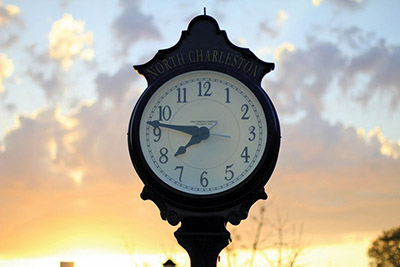
What Is in a Name? In Israel, Much More Than You Think
The names we select are always symbolic, drawing from past memory, present experience and future hopes. At the dawn of history, Adam carefully screened the

The names we select are always symbolic, drawing from past memory, present experience and future hopes. At the dawn of history, Adam carefully screened the

Every teenager looks forward to the day they get their driver’s license. Freedom! Yet, the push for self-driving cars remains strong. Maybe we won’t need

With the arrival of the three weeks of (semi) mourning that precede Tisha B’Av, our mesorah calls for the haftarah readings to serve as a

Ketubot 11a Love and reality make for a good marriage. The wedding ceremony celebrates the beauty of love. The ketubah addresses the reality of life.

You know you’re starting to get old when you preface an anecdote with, “When I was a kid …” So here I am getting old,

The world is getting together after the first few waves of the pandemic. Pope Francis and his Rabbi friend, Rabbi Abraham Skorka, have authored a

I. Silence in the Face of Accusations Silence implies guilt. If we refuse to deny an accusation, we give it credibility. Does that mean that

In this week’s parsha, there is a formulation that appears only once in the Torah. The Torah states: “Moshe spoke to the Lord saying,” (Bamidbar

”רַבִּי אֶלְעָזָר בֶּן עֲזַרְיָה אוֹמֵר, אִם אֵין תּוֹרָה, אֵין דֶּרֶךְ אֶרֶץ. אִם אֵין דֶּרֶךְ אֶרֶץ, אֵין תּוֹרָה. אִם אֵין חָכְמָה, אֵין יִרְאָה. אִם אֵין יִרְאָה,

It seems like an unfair request, almost cruel in a way … As Am Yisrael stands at the border of Eretz Yisrael and begins to

Question: I am considering sightseeing in Egypt. Need I be concerned with the Torah’s prohibition of returning to Egypt? Answer: We will not address the

Ketubot 17a On Ketubot 17a, a Baraita discusses traffic situations and right-of-way. A funeral procession yields to (or, reroutes before) a wedding procession, and both